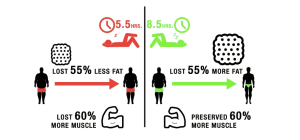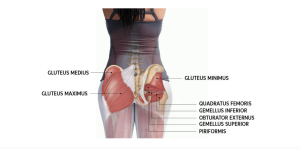Breathing is affected by air quality, sudden changes in the weather and extreme weather conditions. While these changes may be noticeable if you have a respiratory condition, they can affect all people. You may notice that it’s easier to breathe in certain weather conditions or temperatures.
The lungs are amazing organs, evolved to warm and humidify inhaled air to body temperature and humidity without damaging tissue.
This warming and humidification of the air occurs rapidly, starting in the mouth and nose reaching the body temperature and 100% humidity before the air gets too deep into the respiratory tree. As air moves deeper into the alveoli that lie in direct contact with the blood vessels, it exchanges oxygen for carbon dioxide. While inspired air is cooling the lung tissue, the expired air adds some heat back to the cooled tissues on the way out of the lung.
Cold air is very dry. The burning sensation you feel when breathing in cold air is probably due to the combination of heat and water exchange that is occurring early in the inspiration of cold, dry air.
Cold, dry air often accompanying cold weather can affect your lungs and breathing patterns. Dry air, regardless of the temperature, often aggravates the airways of people with lung conditions. This can result in wheezing, coughing, and shortness of breath.
To breathe easier in cold or extremely dry conditions, consider wrapping a scarf around your nose and mouth. This can warm and humidify the air you inhale.
Tips for better breathing
- Adjust your sleeping position. Your sleep position may also affect your breathing. You could try sleeping on your side with your head elevated by pillows and a pillow between your legs. This helps keep your spine aligned, which in turn helps to keep your airways open and may prevent snoring.
- Consider lifestyle changes. Keep your lungs healthy by making positive changes. Maintain a healthy weight and eat nutritious foods, including foods rich in antioxidants. Avoid smoking, inhaling secondhand smoke, and environmental irritants. Improve indoor quality by using air filters and reducing irritants such as artificial fragrances, mold, and dust.
- Practice meditation regularly. This can be as simple as taking the time to focus on your breath without trying to control it. Added benefits may include mental clarity, peace of mind, and less stress.
- Practice good posture. Practicing good posture helps to ensure that your chest and the thoracic region of your spine are able to fully expand. Your rib cage and diaphragm will also be able to fully expand and increase the range of motion on the front side of your body. Overall, by practicing good posture, you’ll be able to breathe more effectively and efficiently, allowing for more ease in both your daily and physical activities.
- Stretch and flex. Take steps to relieve any tightness in your shoulders, chest, and back. You can do exercises that focus on flexibility, resistance, and stretching to improve posture. It’s also a good idea to engage in activities that keep you active. These can include swimming, rowing, or any activity that gets you moving.
Chiro & Sports Med
Our chiropractors at Chiro & Sports Med are committed to providing chiropractic solutions to address your unique needs, whether you are experiencing an irritated nerve, bulging disc, back pain, neck pain, knee pain, headaches, or even muscular tightness and tension. You may be searching for pain relief after an accident or experiencing an injury. Our mission is to help reduce or eliminate pain and to prevent future problems and injury. Above all, we are here to improve your quality of life, well-being, and your ability to live an active healthy lifestyle.





